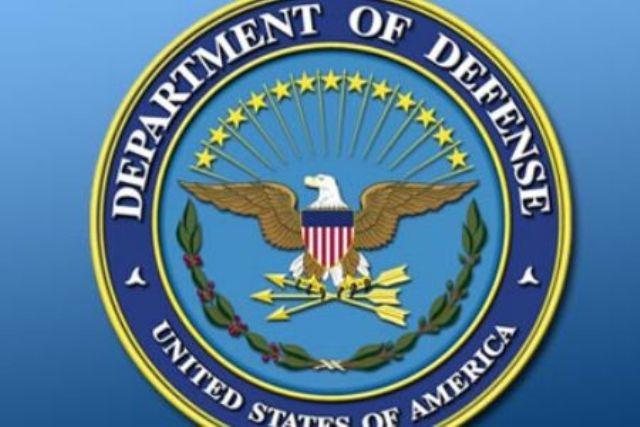WASHINGTON (PAN, the Pentagon acknowledged on Friday, saying a series challenges remain in the field of IEDs and safe havens across the border.
“There are limits to Pakistan’s cooperation,” the Department of Defense said in its six monthly report to Congress, as it listed recent efforts by the Nawaz Sharif government to improve relations with Afghanistan, including the visit of President Hamid Karzai and release of Mullah Baradar.
Pakistan had publicly committed to playing a positive role in an Afghan-led and Afghan-owned reconciliation process and its support had been essential to US retrograde operations in preparation for the 2014 drawdown, the report said.
At the same time, it expressed serious concerns over challenges to the peace and stability of Afghanistan that emanated from Pakistan. “Afghan-focused insurgent groups that attack US and coalition forces continue to operate from Pakistan. The IED threat emanating from Pakistan remains significant.”
Pakistan had taken some steps to disrupt the IED supply network, including several significant seizures of IED materials such as potassium chlorate and commercial-grade explosives, but more efforts were needed, it added.
“Cross-border incidents remain points of friction in Pakistan-Afghanistan relations, but have also prompted both countries to increase their engagement and coordination on border issues during this reporting period,” the Pentagon said.
Afghan forces were successfully providing security for their people, fighting their own battles, and holding the gains made by the International Security Assistance Force (ISAF) in the last decade, the report continued.
“This is a fundamental shift in the course of the conflict,” it asserted, explaining ANSF conducted 95 percent of conventional operations and 98 percent of special operations in Afghanistan.
But military progress alone would not lead to success in Afghanistan, the report said, adding economic and governance challenges continued to foster uncertainty about long-term prospects for stability.
“This causes hedging behavior by actors in many sectors, which exacerbates existing instability. Afghanistan has made significant economic progress over the past decade, but it remains one of the poorest countries in the world, and will continue to depend heavily on international aid,” it said.
mud
Visits: 0









GET IN TOUCH
NEWSLETTER
SUGGEST A STORY
PAJHWOK MOBILE APP